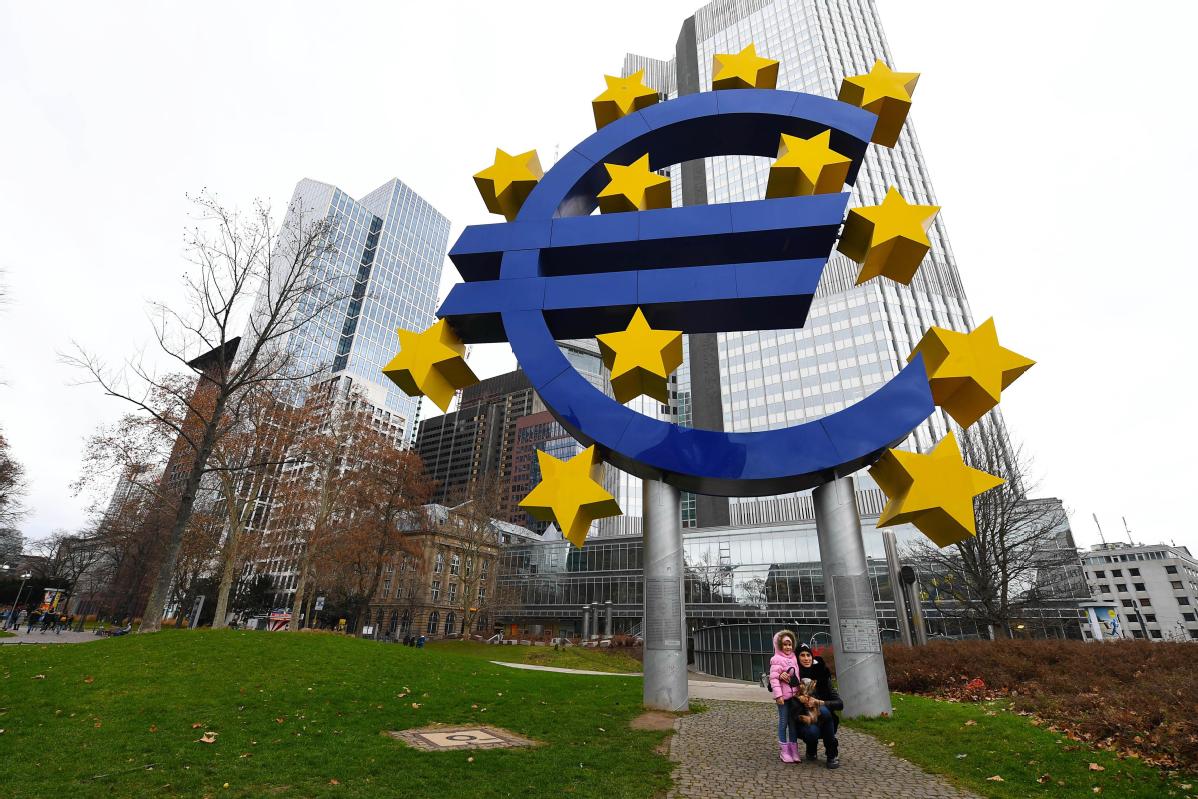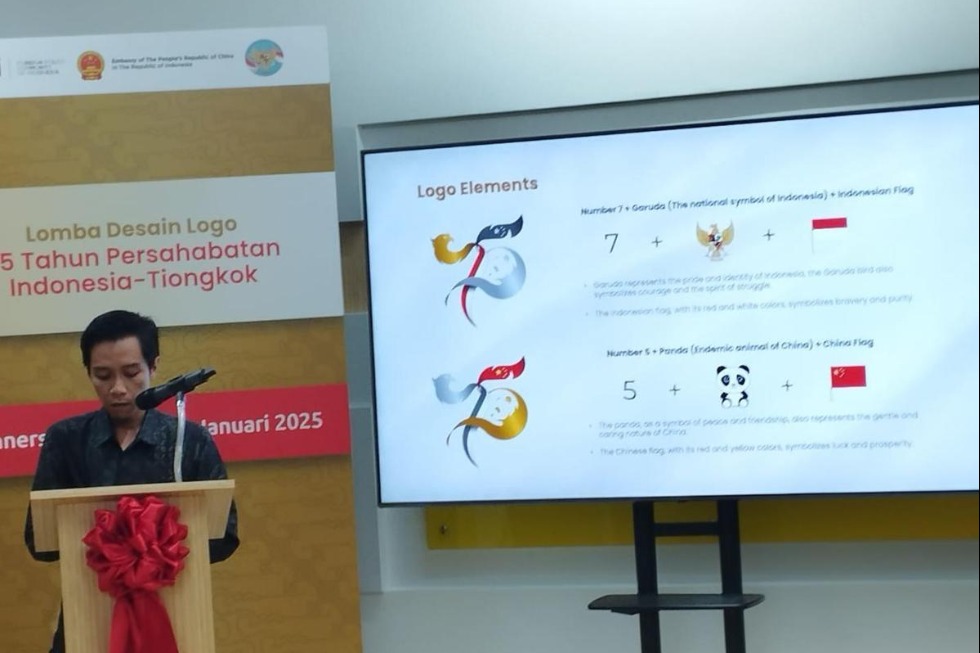The euro marks 20 years of turmoil and triumph


The currency is now used by nearly 340 million Europeans in 20 countries
NICOSIA, Cyprus - The center of Frankfurt erupted with fireworks at the stroke of midnight back on Jan 4, 1999 as a common European currency was launched for the first time
Now, almost a generation later, celebrations marking the 20th anniversary of the euro have been largely muted. For many young Europeans, the currencies it replaced like the franc, deutschmark, guilder and lira are learned about in history classes.
When introduced, the euro was first adopted by just 11 member states and widely considered a political as well as an economic decision. European Commission President Jean-Claude Juncker, one of the only signatories of the Maastricht Treaty still politically active today, remembered the "hard-fought and momentous negotiations on the launch of the Economic and Monetary Union".
Constant turmoil
But the fights and battles had only just begun. The euro's fiercest critics charged that abandoning age-old national currencies was a monumental mistake. Opponents said slapping a common currency on diverse economies with a single interest rate and different levels of productivity, disabled national governments from properly managing their own economies.
Several countries struggled, but it was in Greece where the fragility of the currency was really demonstrated. In 2010, the EU and the International Monetary Fund were forced to bail out the debt-ridden country. Ironically, Greece was initially excluded from joining the euro in 1999 because of its weak economy. The euro plunged below $1.2.
Then, as if things couldn't get any worse, Spain's long-term interest rate rocketed above 7.6 percent in 2012, causing panic about the possibility of a euro collapse.
Troubles didn't end with Spain and Greece. In the summer of 2014, the currency surged to near $1.4, immediately hitting valued export markets. But, maintaining its unpredictability, it then plunged to $1.05-a drop linked to the purchase of assets by the European Central Bank to prop up the economy.
The following year-Athens sucked dry by austerity-was granted an unprecedented third bailout, a move designed to keep it in the single currency, despite some calls in Greece for a return to the drachma.
Mixed feelings
Feelings about the euro have been mixed, regularly swinging from blind allegiance to blind hatred. Still, despite almost constant challenges, the euro has been more resilient than anyone, including its proponents, could have dreamed.
As 2019 opens, however, real and legitimate debates continue over the currency's success and its unpredictable future. For Juncker, the financial foundation of the euro is stable and he insists the currency has matured into a symbol of "unity, sovereignty and stability".
While it is true that the euro is now a solid reserve currency, kept by central banks and the International Monetary Fund, reasons for concern remain, arising in no small measure from the looming exit of the United Kingdom from the EU.
If Brexit wasn't enough, a shaky relationship between Italy and the EU has also caused jitters. Italy, which is the third-largest economy in the eurozone, has a skyrocketing deficit and has been embroiled in a drawn-out battle with Brussels over its latest budget.
There are other areas where the euro has been frustrated. The recent US sanctions slapped on Iran highlighted how crude oil prices remain pegged to the dollar, meaning any attempt to circumvent the dollar as payment would be fraught with complications.
The EU, which opposed the sanctions on Iran, has been exasperated with the dollar's dominance in the oil trade. In fact, in September, Juncker bemoaned the absurdity of Europe paying 80 percent of its energy import bill in dollars, when only roughly 2 percent of the EU's energy imports come from the United States. He also lamented that it was "absurd that European companies buy European airplanes in dollars instead of euro".
But, there is some succor for EU leaders as a recent Euro barometer survey suggested that 64 percent of Europeans believe the introduction of the euro was a good idea. Surprisingly, that figure is up from 51 percent in 2002.
Today the euro is used by nearly 340 million Europeans in 20 EU member states, making it the second most used currency in the world.
But, for a currency which is now in adulthood, its teething troubles are certain to continue.
Xinhua

































